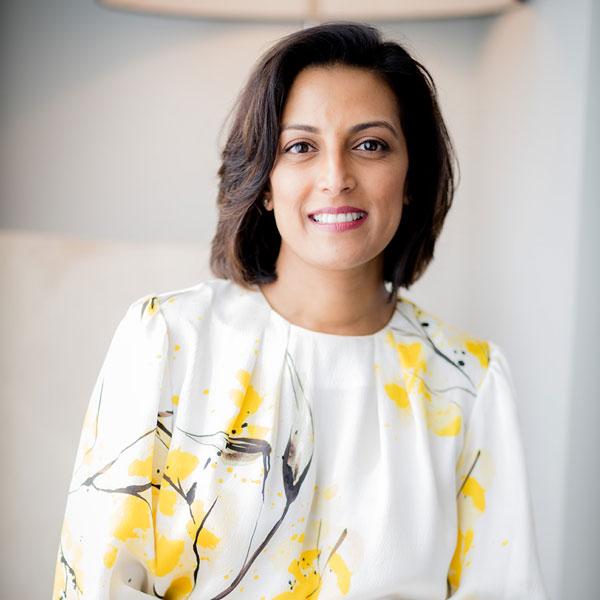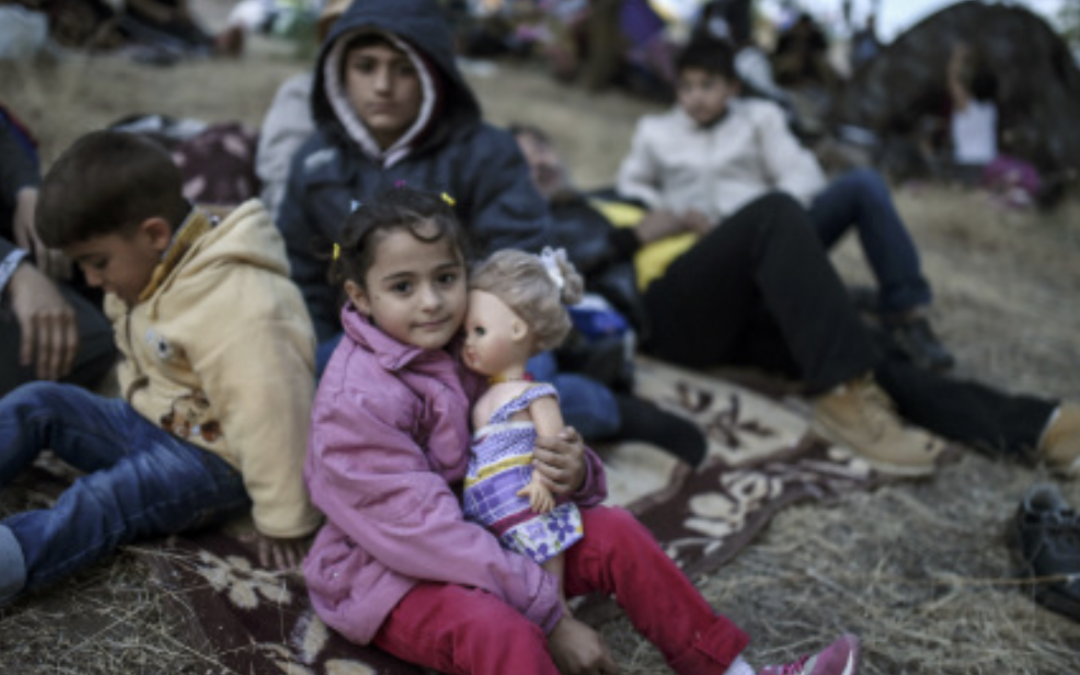Photo credit: Photo: Bulent Kilic/AFP, Syrian Refugee Children
The 20th of June was World Refugee Day and in Australia the 16th – 22nd of June, Refugee Week. Alarmingly there are 70.8 million people around the world who have been forced to leave their home – 41.3 million are internally displaced people, 25.9 million are refugees (over half of them are children, under the age of 18), 3.5 million are asylum seekers. “1 person is forcibly displaced every 2 seconds as a result of conflict or persecution”, UNHCR. For a dashboard of statistics click here.
As the rise of nationalism increases, evidenced by stricter border controls in Europe, America and Australia, I question our humanity and social conscious, especially given the fact that 85% of refugees currently reside in poorer countries, developing nations. Germany being the exception from the developed countries; other top refugee host countries are: Turkey, Pakistan, Uganda and Sudan. I would recommend following the work of the Refugee Council of Australia and learning the facts. I would also challenge you to question some of the headlines that show Australia more favourably in how we support refugees – pay attention to the language and metrics: Hosting vs. Resettlement, Resettlement per capita, Average length of immigration detention. This article from SBS was eye opening for me. Whatever your position on refugees, the data is overwhelming, showing more that can be done globally, especially from developed nations.
Why I think we can’t open our hearts
Our understanding of the refugee crisis has been coloured by fear and as a consequence protection of our own safety and prosperity. I have written before about my “feel, think, do” philosophy. We as a nation, seem to feel for refugees, however some of our thinking has been shaped potentially by misinformation, causing some to act in a way that is individualistic. Maybe the answer lies in seeking more information and changing our mindset around the benefits that refugees provide to our society. Very rarely, (other than Refugee Week) do we see positive stories of refugees and their value.
The Tale of Two Refugees
I recently read two poignant stories of two successful people contributing to Australia and New Zealand, who just happen to be refugees, Abbas Nazari (recently awarded a Fulbright Scholarship) and Dr Munjed Al Muderis (one of Australia’s foremost orthopaedic surgeons).
Abbas Nazari was headed for Australia when he states our government made a “strong point of saying ‘no, you’re not welcome”. Nazari was just 7 years old (now 23 years old), at the time the Howard government took this position. New Zealand came to the rescue and Nazari credits his new home and the way they were treated as a family as a key contributor to his success story.
Dr Muderis on the other hand had a very different experience. He describes his 10 months in immigration detention as ‘hell on earth’ where he was stripped of his human identity. While his experience was almost two decades ago, Dr Muderis is still advocating for more humane conditions for those awaiting processing now. His words are balanced, as he advocates for “a cost-effective, humane and long-lasting policy that would allow us to keep face in front of the rest of the world.” Read this 2019 article capturing his thoughts.
A Lesson in Inclusion
Living in Australia for 16 years, has shown me how divided as a nation, we are in our treatment of our First People, refugees, asylum seekers and migrants. It says something about how inclusive our leadership is in Australia, both in the public and private sector and across all industries and sectors.
With many of my networks involved in “Inclusion” work, the thinking on your position with refugees should serve as a blueprint for how you build inclusive workplaces – the clues are peppered through this post:
- Know your data well and compare your data/performance to other organisations locally and globally.
- Question whether you and your senior leadership are exposing yourself to one-sided information about the problem – are you seeking messages that validate your own biases or disrupt them? Seek both, challenge yourself.
- Heed Dr Muderis’s advice: design your solutions around cost effective, humane and long-lasting impact that allows you to keep your organisational culture and brand proudly inclusive in front of the rest of the world.

Div Pillay is a cross cultural expert and Co-Founder of MindTribes – a Telstra Business Award Finalist & Westpac Businesses of Tomorrow company that, optimises performance by realigning people and leaders, when working across different country and organisation cultures.
